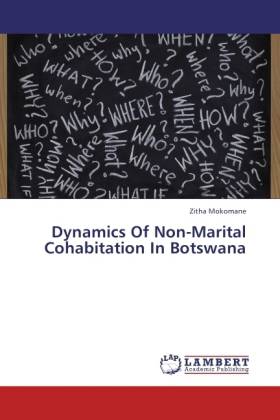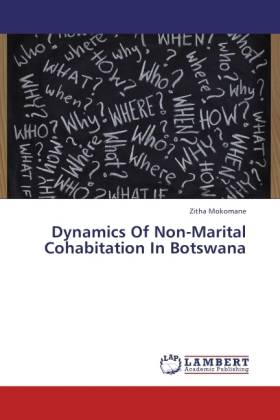
- Afhalen na 1 uur in een winkel met voorraad
- Gratis thuislevering in België vanaf € 30
- Ruim aanbod met 7 miljoen producten
- Afhalen na 1 uur in een winkel met voorraad
- Gratis thuislevering in België vanaf € 30
- Ruim aanbod met 7 miljoen producten
Zoeken
€ 94,45
+ 188 punten
Omschrijving
This book presents the key findings of a study that used a combination of quantitative and qualitative data to explore the dimensions, components, and socio-legal implications of non-marital cohabitation in Botswana. The results showed a notable increase in the prevalence of cohabiting unions between the late 1980s and the early 2000s. A key observation was that the levels and patterns of these unions closely resemble those observed in many Latin American and Caribbean countries, but differed from those in many sub-Saharan African countries. A complex structure of socio-economic and demographic factors that are simultaneously at play was shown to underlie the observed levels and patterns. A discussion on the socio-legal status of cohabiting unions showed that women and children in these unions were in more precarious positions relative to those in legal marriages. The book concludes with a call for future collection of retrospective relationship histories to facilitate in-depth research on this emerging and socio-demographically important union type.
Specificaties
Betrokkenen
- Auteur(s):
- Uitgeverij:
Inhoud
- Aantal bladzijden:
- 168
- Taal:
- Engels
Eigenschappen
- Productcode (EAN):
- 9783845476742
- Verschijningsdatum:
- 7/09/2011
- Uitvoering:
- Paperback
- Afmetingen:
- 152 mm x 229 mm
- Gewicht:
- 254 g

Alleen bij Standaard Boekhandel
+ 188 punten op je klantenkaart van Standaard Boekhandel
Beoordelingen
We publiceren alleen reviews die voldoen aan de voorwaarden voor reviews. Bekijk onze voorwaarden voor reviews.







